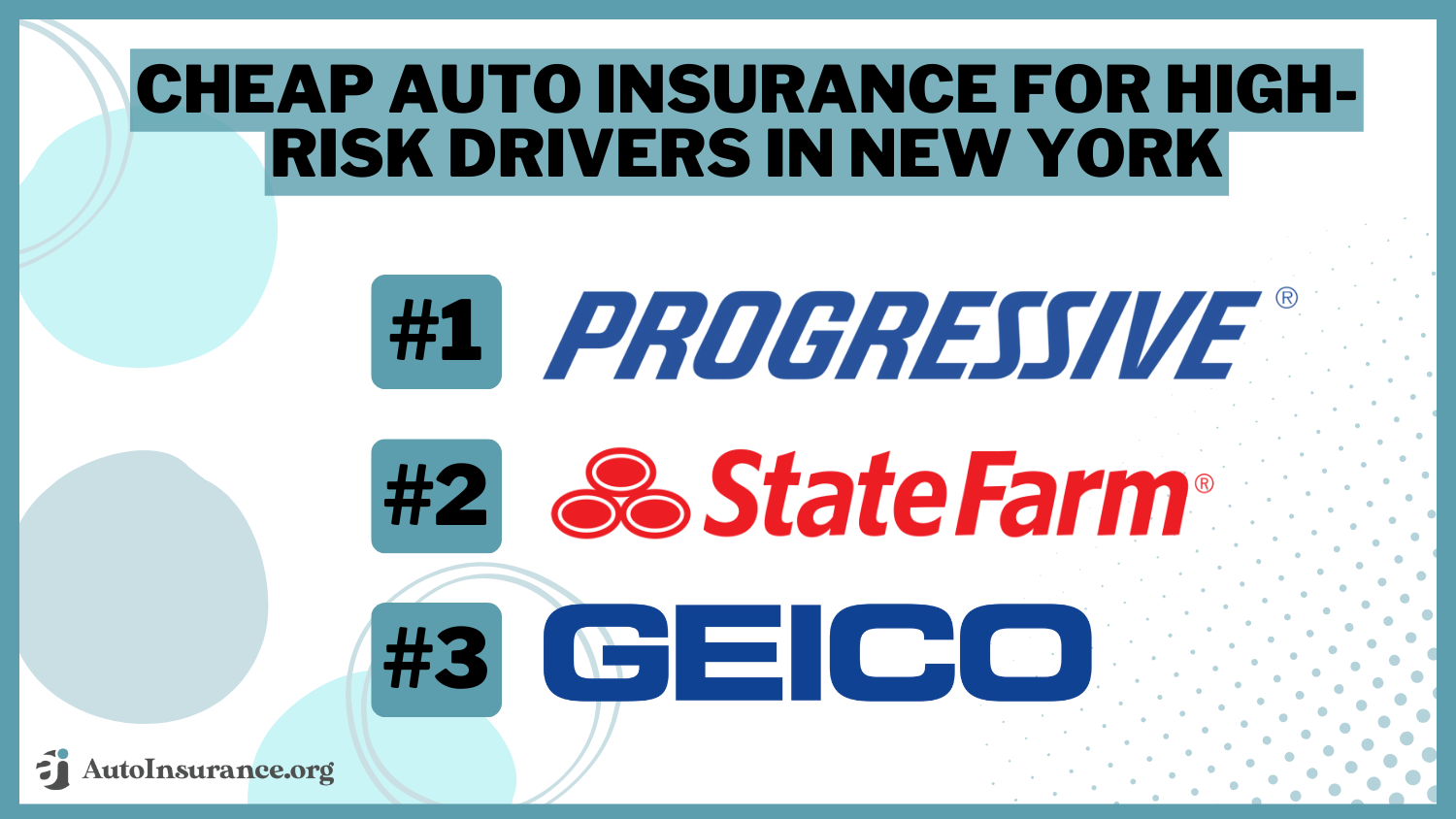This environment of automobile insurance is going through a major change, driven by progress in technology and changes in buyer demands. As driving habits evolve and cars become more advanced, the auto insurance industry is adapting to satisfy new requirements. These developments not only enhance the client experience but also aim to improve the accuracy of coverage pricing.
Advancements such as automated tracking, machine learning, and usage-based insurance are setting the stage for a much tailored approach to auto insurance. As the future, it is essential to investigate the developments that are defining this industry and how they will affect both providers and policyholders alike. Comprehending these advancements can assist consumers reach informed decisions and maneuver through the complexities of auto insurance in an ever more changing market.
Developing Innovations in Car Insurance
As the automobile insurance industry changes, new technologies are altering how insurers assess risk and interact with policyholders. Cutting-edge data analytics and artificial intelligence are now essential tools for insurers, allowing them to evaluate vast amounts of driving data collected from telematics devices. These devices track driving behavior, providing insights into velocity, braking patterns, and overall safety on the road. cheap car insurance near Fort Worth, TX can use this data to design personalized policies based on individual risk profiles, leading to more accurate premiums and potentially lower costs for safe drivers.
Another significant technological breakthrough is the use of blockchain in car insurance. This technology offers transparency and security in transactions between insurers and customers. Smart contracts, a feature of blockchain, can facilitate claims processing, shortening the time and complexity involved in resolving claims. By ensuring a secure and tamper-proof way to maintain insurance policies and claims history, blockchain can improve trust between customers and insurers, eventually streamlining the entire insurance process.
Furthermore, the rise of connected cars is positioned to revolutionize the auto insurance landscape. With vehicles fitted with internet connectivity and sophisticated sensors, insurers can obtain real-time data on vehicle condition and issues. This information not only assists in risk assessment but also enables proactive measures to avoid accidents. As the market for connected vehicles grows, look for to see insurance products specifically designed for these smart vehicles, customized to their unique features and the data they provide.
Trends Defining the Prospects of Auto Insurance
One of the key developments reshaping auto insurance is the incorporation of technology, particularly the implementation of telematics. Insurers are progressively employing devices that observe driving behavior, like speed, braking patterns, and even time of day driving. This data enables companies to offer tailored premiums based on specific risk profiles, promoting more responsible habits and maybe reducing costs for consumers who show responsible behavior. By leveraging this real-time information, the industry is transitioning towards a more tailored approach to pricing and policy development.
A pivotal trend is the rise of flexible insurance models. As consumers consider alternative transportation options and adopt car-sharing services, insurers are beginning to offer flexible coverage that meets diverse driving habits. This shift reflects a movement in consumer behavior, with many individuals seeking insurance that aligns with their actual usage rather than the standard fixed annual premiums. As a result, coverage options are designed to accommodate occasional drivers or those who use alternative vehicles, enhancing accessibility and affordability in the insurance market.
Furthermore, the emergence of artificial intelligence is revolutionizing claims processing and customer service in auto insurance. Automated systems can evaluate claims quickly, reducing the time it takes for consumers to receive payments or repairs. Additionally, AI-powered chatbots and virtual assistants are enhancing customer interactions, providing prompt responses to inquiries. This trend not only boosts customer satisfaction but also enables insurers to streamline operations and reduce administrative costs, paving the way for a more efficient and responsive insurance landscape in the future.
Effects of AI and Large Data Sets on Rates
AI and Big Data are transforming how car insurance providers evaluate risk and establish rates. By leveraging large volumes of data, these tools enable insurers to examine the behavior of drivers in real-time, taking into account different aspects such as driving habits, vehicle usage, and even environmental conditions. This sophisticated analysis enables insurers to offer personalized rates that reflect individual risk profiles rather than depending on generalized statistics.
Additionally, artificial intelligence algorithms can quickly manage claims and detect fraudulent activities more quickly than conventional approaches. This not only speeds up the claims handling for genuine clients but also reduces costs for insurers, leading to more competitive pricing. As insurers continue to refine their methodologies using ML techniques, the accuracy of risk assessment will only get better, resulting in fairer premiums customized for each client.
As the use of artificial intelligence and Big Data becomes more common, we can anticipate a substantial change in how consumers perceive car insurance. The clarity brought about by tailored rates will enable drivers to make strategic choices about their coverage. Consequently, this could result in a more competitive landscape where consumer loyalty is driven by value and service rather than only recognition of brands, paving the way for innovative products in auto insurance.

